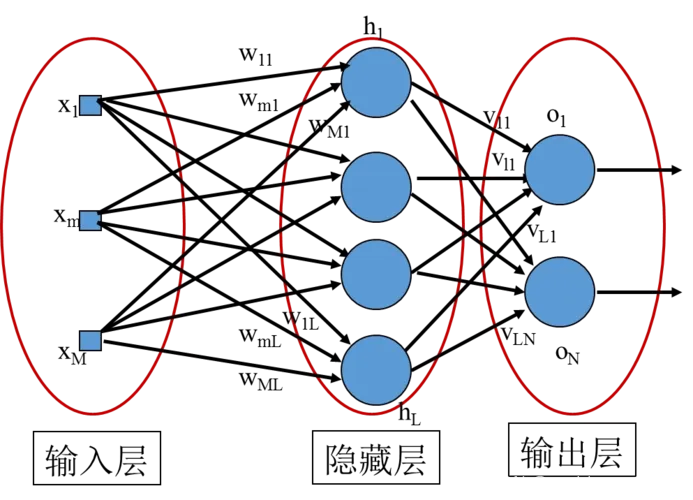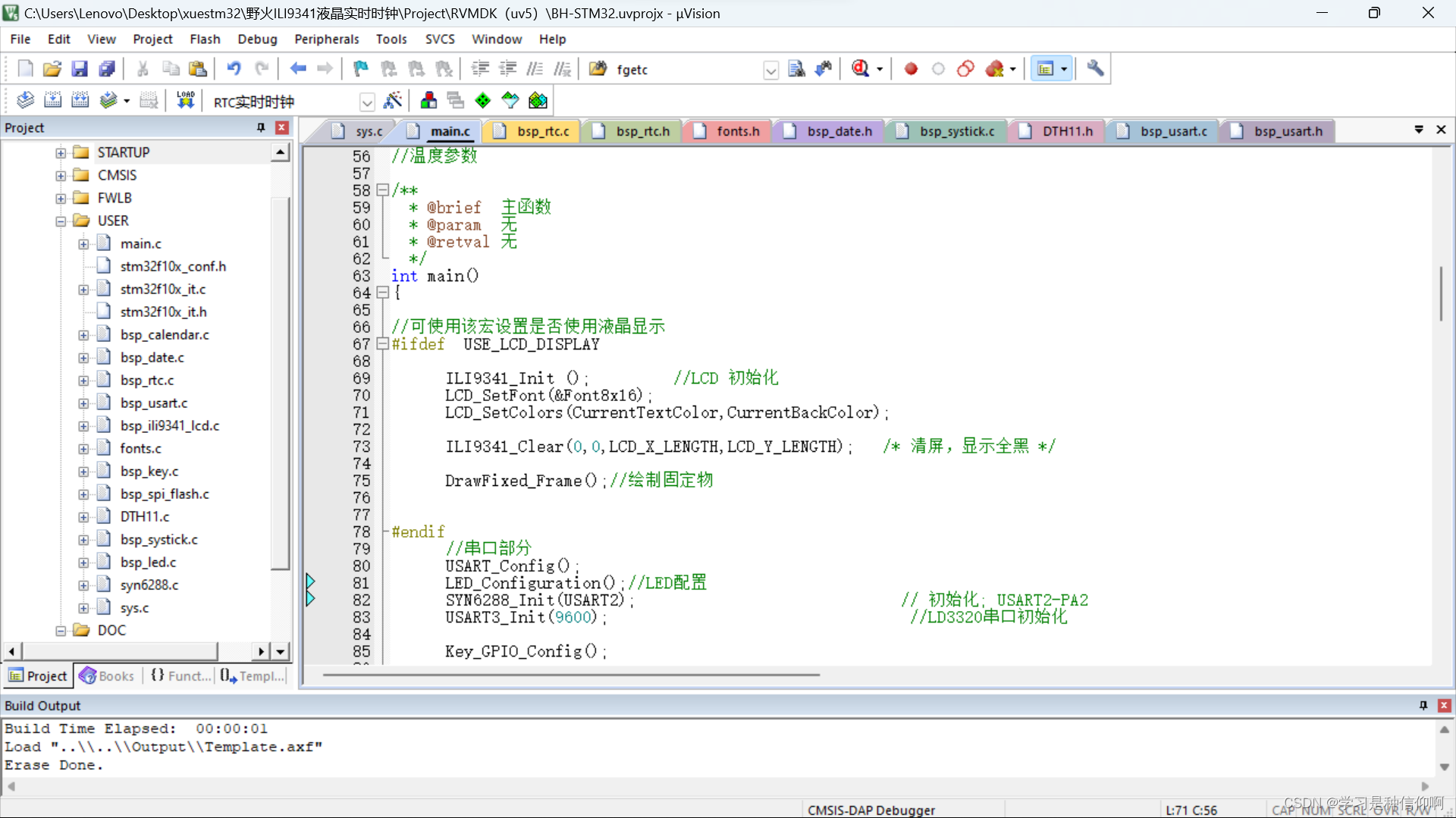Python:大小写转换:normalize,求乘积:prod,字符串转float:str2float
#!/usr/bin/env python# -*- coding: utf-8 -*-# @Date: 2017/11/23 0023# @Author: TaoYuan (1876665310@qq.com)# @Link: http://blog.csdn.net/lftaoyuanPython互助学习qq群:315857408# @Version : V1.
·
#!/usr/bin/env python
# -*- coding: utf-8 -*-
# @Date : 2017/11/23 0023
# @Author : TaoYuan (1876665310@qq.com)
# @Link : http://blog.csdn.net/lftaoyuan Python互助学习qq群:315857408
# @Version : V1.0.0
from functools import reduce
# print(str.upper()) # 把所有字符中的小写字母转换成大写字母
# print(str.lower()) # 把所有字符中的大写字母转换成小写字母
# print(str.capitalize()) # 把第一个字母转化为大写字母,其余小写
# print(str.title()) # 把每个单词的第一个字母转化为大写,其余小写
def normalize(name): # 首字母大写,其余小写
return name.capitalize()
def prod(L): # 求积
return reduce(lambda x, y: x * y, L)
def str2float(s): # 要求reduce和map
def char2num(s):
return {'0': 0, '1': 1, '2': 2, '3': 3, '4': 4, '5': 5, '6': 6, '7': 7, '8': 8, '9': 9}[s]
n = s.index('.')
return reduce(lambda x, y: x * 10 + y, map(char2num, s[:n] + s[n + 1:])) / (10 ** (len(s)-n-1))
# def str2float(s): # 实际中
# return float(s)
if __name__ == '__main__':
# 大小写转换测试:
L1 = ['adam', 'LISA', 'barT']
L2 = list(map(normalize, L1))
print(L2)
# 求乘积测试
print('-' * 30)
print('3 * 5 * 7 * 9 =', prod([3, 5, 7, 9]))
if prod([3, 5, 7, 9]) == 945:
print('测试成功!')
else:
print('测试失败!')
# str 2 float 测试
print('-' * 30)
# print('str2float(\'123.456\') =', str2float('123.456'))
# if abs(str2float('123.456') - 123.456) < 0.00001:
# print('测试成功!')
# else:
# print('测试失败!')
print(str2float('123.456'))
更多推荐
 已为社区贡献6条内容
已为社区贡献6条内容








所有评论(0)